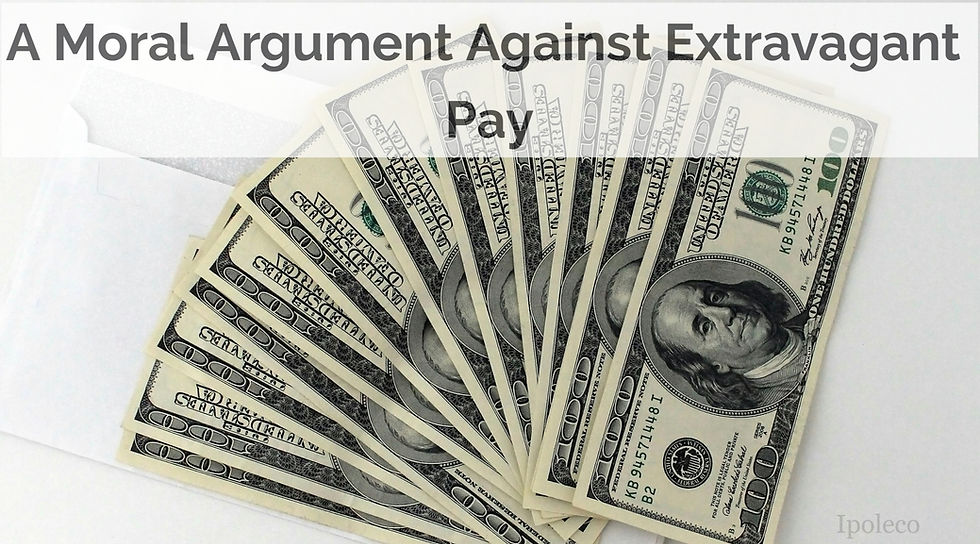The Economics of Network Effects
- Karl Johansson

- 20 jan. 2019
- 2 min läsning
Many of the services we use every day have no real competitors, for example when was the last time you used Yahoo or Bing? Google is an outlier here as it actually has real competitors unlike say Youtube, Facebook, or Instagram. Economic theory suggests that firms which are very profitable should expect competitors to enter their market to try to capture some of the profits which would lower prices and benefit consumers. This doesn’t appear to be the case for the aforementioned businesses and the reason why is network effects. A network effect is when a product or service becomes better for the consumer when it gets more users. Take Facebook for example, the reason why people use Facebook is essentially because others use Facebook and it becomes more useful to the consumer the more of the consumer’s friends and acquaintances use Facebook. This creates a feedback loop which make the leaders in a markets like social media bigger because they are bigger which makes it almost impossible for competitors to enter the market. I certainly wouldn’t stop using Youtube just because some other firm starts a video sharing platform no matter how good the terms are as the only reason why I like Youtube is because of the people who are already on Youtube.
This creates problems for consumers as the network titans can impose unfavourable terms without their users abandoning them. The demand for their services are inelastic meaning that they can raise the price without a significant change in demand. In this case prices aren’t in dollars or euros or yen but the price can still be increased by for example having more ads or not taking user privacy seriously enough. Every year there’s a scandal where users’ private data have been hacked or leaked from Facebook yet there is no large-scale migration from the platform. Imagine a similar situation for a firm which doesn’t rely on network effects, if your local restaurant had a rat problem their regulars would likely go somewhere else but that simply isn’t an option in the case of say Youtube.
This is a problem which politicians should pay more attention to. Is it right that these firms are allowed to have a monopoly whereas in other sectors that’d be unthinkable? Is it right that Facebook should be allowed to profit from their business despite how they let user data be leaked and how they let foreign powers influence elections? I’d strongly argue no and while I haven’t got a good solution for this I think it’s a question which deserves more attention and where our societies would be better off if we had a serious debate about it. I’d argue that firms whose business model relied on network effects should be subject to more stringent rules and laws than normal firms. What do you think? I’d be interested to hear your thoughts on the matter so please share in the comments or on Twitter! If you're interested in political economy here's a link to our other blog posts on the subject.
Photo by: Pixabay on Pexels



Kommentarer